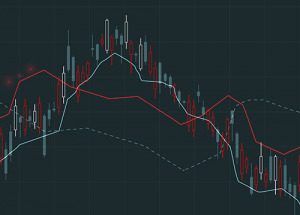World shares mixed as investors eye Ukraine, inflation
The concern that Russian troops could descend on the Ukrainian capital, Kyiv, a city of about 3 million people less than a three-hour drive away, has added to uncertainties for investors already jittery over central bank strategies to combat inflation.


